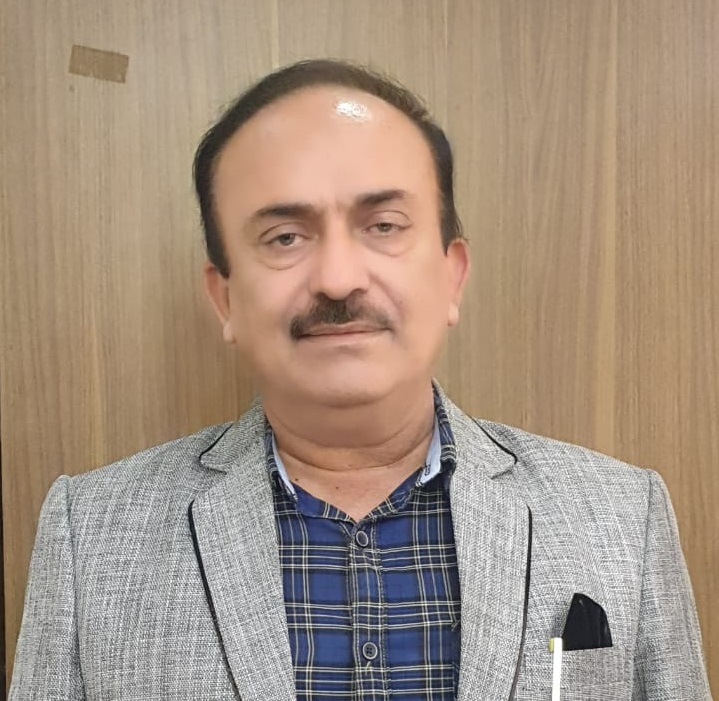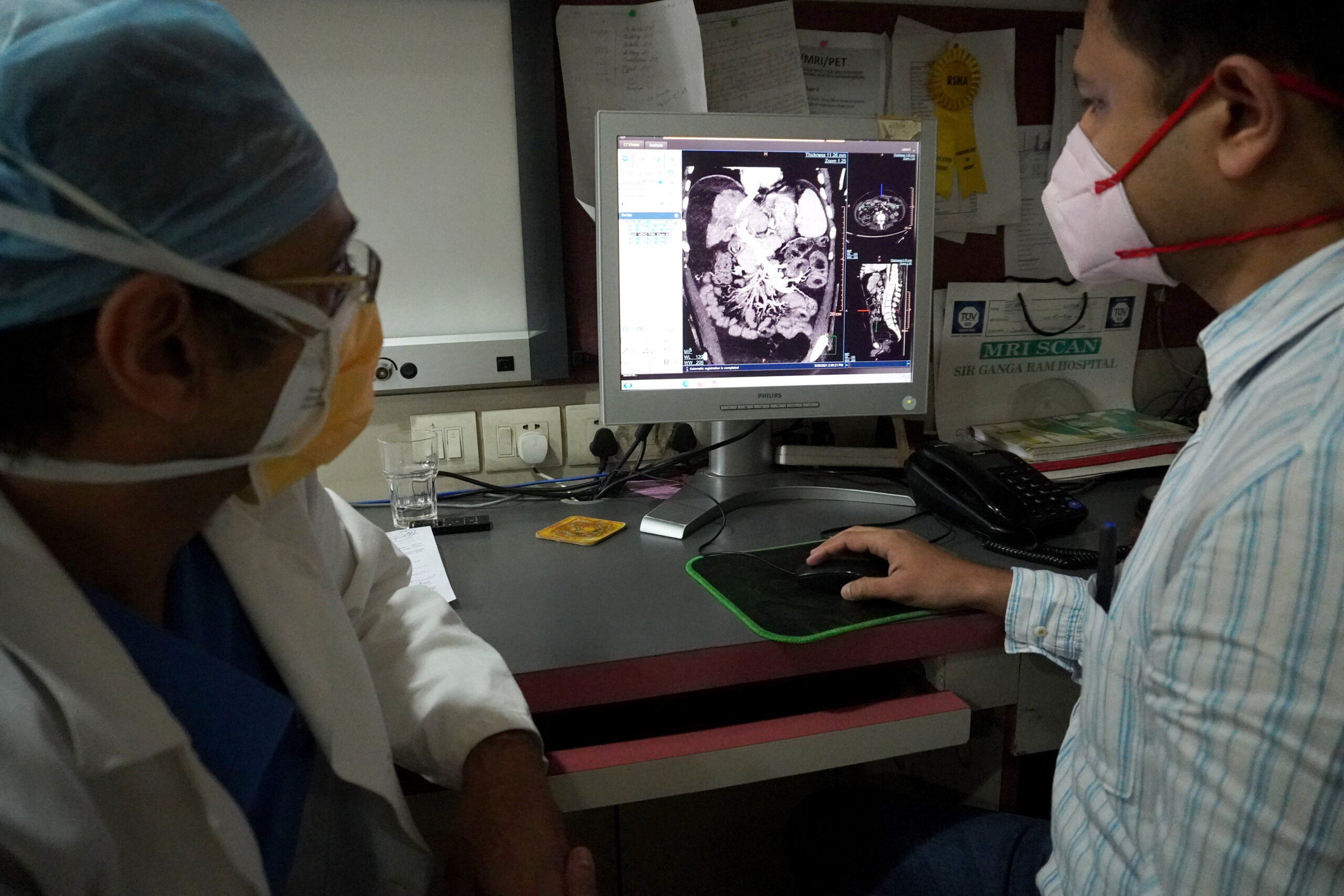‘World Liver Day’ is celebrated on April 19 every year to spread awareness about the importance of liver health. It focusses on educating people about the severity, and prevention of liver diseases.
The theme for this year’s ‘World Liver Day’ is “Be vigilant, do a regular liver check-up, fatty liver can affect anyone”.
This theme urges everyone, especially those suffering from obesity, diabetes and excess consumption of alcohol, to undergo regular check-ups.
Liver disease is spreading like an epidemic in India with one out of every five adults getting affected. According to studies, liver problem is the 10th most common cause of death in India.
Patriot talked to doctors in the Capital about the problem.
Dr S K Arora, MS, Sanjay Gandhi Memorial Hospital, Delhi, said, “Liver diseases are spreading in India like an epidemic and one of the estimates says that 20% of the adult population in India is affected by one or the other liver disease. Approximately, around 3.2% of all deaths in India are due to liver diseases.”

Data also proves this. According to it, liver-related deaths in India have reached a staggering figure of 3.17% of all deaths per year, contributing to 18.3% of global two million liver-related deaths.
Dr Arora further said, “Abstaining from alcohol and smoking is an important measure to keep the liver healthy. It is pertinent to mention that the global alcohol consumer population is approximately 200 crores, of which 7.5 to 10 crores are at risk of alcohol-related liver disease. Alcoholism at work place is a very peculiar problem especially in the medical profession as you need to be fully alert and in senses while examining a patient or giving some medication or injection to the patients. World Liver Day focuses on awareness activities for preventing liver diseases as well as early diagnosis and treatment of liver disorders. We were getting complaints on these issues so we conducted a sensitisation session for nursing officers in Sanjay Gandhi Memorial Hospital on these issues as part of awareness on healthy liver.”
According to studies, about 20 lakh people die yearly due to liver diseases around the world. Around 70% of people in India suffer from visceral fat obesity and 15% from fatty liver, with men more commonly affected than women.
Dr Neha Gupta, senior internal medicine and infectious disease expert, Fortis Hospital, Gurugram, told Patriot, “The most common cause of chronic liver disease and liver failure is non-alcoholic steatohepatitis (NASH). It’s because diabetes, overweight, and metabolic disorders are the main common causes in India. India is the ‘diabetic capital of the world’. There are a lot of diabetic patients in India. Metabolic disorder is also high here.
“So obviously liver problems will be high. Both diabetes and metabolic disorder have direct relation with the liver. One out of five chronic diseases in India are linked to this.”
The liver is one of the most complex organs in the human body. It is the largest organ in the human body and works like an engine, performing more than hundreds of important functions. But the lack of unhealthy food, a sedentary lifestyle and exercise, has a major impact on the well-being of liver. According to an estimate, obesity is expected to increase by 45% in the developed world and 150% in the developing world by 2025.
For precautions, Dr Neha said, “People should definitely avoid alcohol because it affects the liver. Besides it, some medicines people consume can have an effect on the liver. It is also important that we should be concerned about our lifestyle, weight, and keep diabetes in check. Unhealthy habits cause damage to liver, so people should care about their food habits. Healthy habits are very important and people should exercise regularly. If you are diabetic, then you should regularly visit a doctor.”
The ’World Liver Day’ also serves as a reminder to policymakers and healthcare providers about the need to prioritise liver health in public health programs and policies.
“In chronic disease, the chance of infection is high. To prevent this, vaccination could be helpful, which the government can do. There is an option of transplant, but this process is very expensive and few can afford it. Besides, there are not enough liver donors and are also limited. So, it is important that we take care and develop healthy habits. The government should also do an awareness programme regularly about diabetes and chronic disease,” Dr Neha concluded.
The ‘World Liver Day’ was officially celebrated for the first time on April 19, 2012. It was an initiative of the World Health Organisation (WHO), which wanted to emphasise the need for liver disease awareness and the investment of resources in liver disease research.





